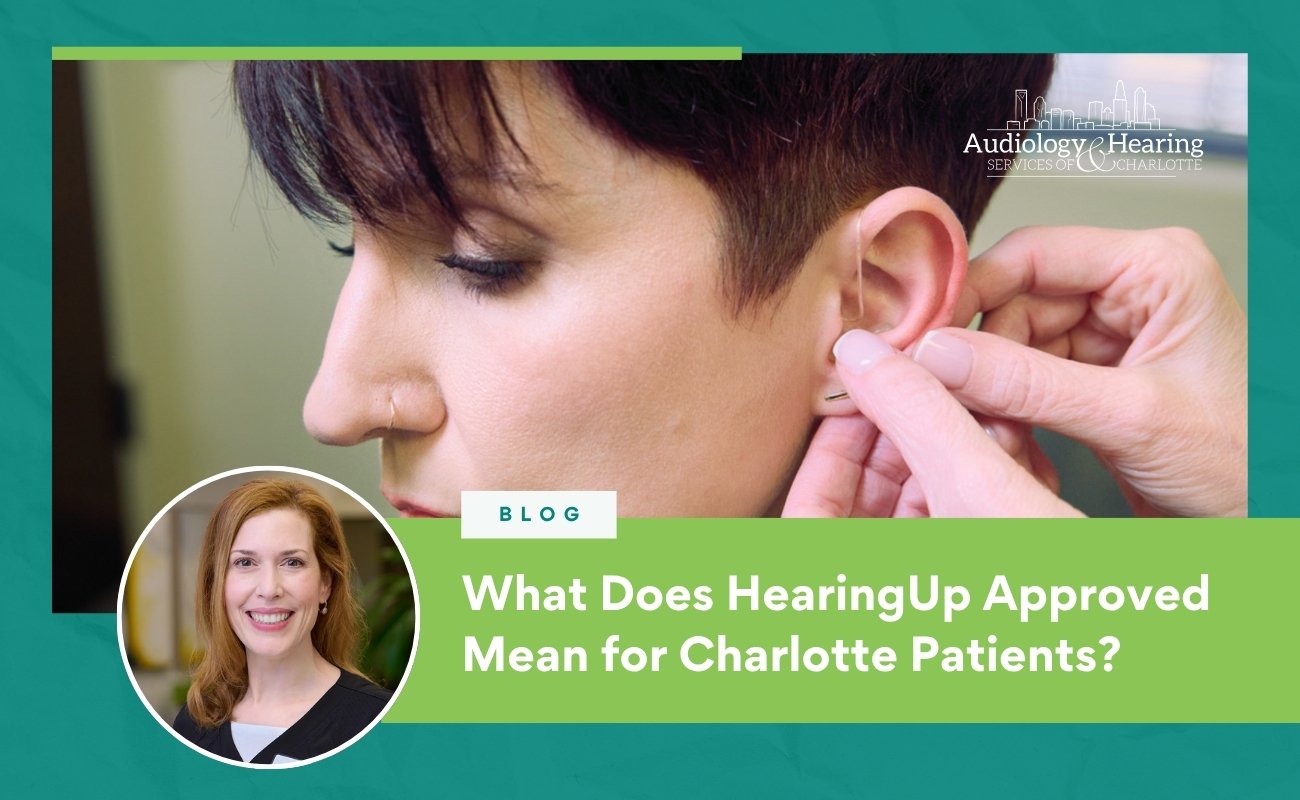
An Audiologist's Tips for Protecting your Hearing

Prevention really is better than cure. As audiologists, we'd actually prefer you keep your hearing in tip-top shape, even if it means fewer appointments in our office! Our senses, hearing included, are crucial for navigating life's complexities. But factors like age, loud environments, and certain medications can put your hearing at risk.
That's why this article is your roadmap to preserving your auditory health. While some hearing loss might be unavoidable due to age or medical conditions, a good chunk of it can be prevented with the right strategies. So, let's dive in with some tips on how to protect your hearing.
Recognizing the Risks of Noise
Several factors can compromise our hearing health. Let's delve deeper into some of the common causes of hearing loss.
Noise Exposure
Exposure to loud noises, either sudden or prolonged, is one of the primary causes of hearing damage. Noise-induced hearing loss can occur due to a one-time exposure to an intense sound, such as an explosion, or by continuous exposure to loud sounds over an extended period, such as noise generated by machinery at work.
Age-Related Hearing Loss
Age-related hearing loss, also known as presbycusis, is a common condition that affects many individuals as they grow older. It usually occurs gradually and affects both ears equally.
Ototoxic Medications
Certain medications, referred to as ototoxic drugs, can also cause hearing loss. These include some types of antibiotics, cancer drugs, and high doses of aspirin.
Diseases
Some illnesses like measles, mumps, whooping cough, and meningitis can also affect your hearing. Furthermore, conditions like high blood pressure, diabetes, and heart disease can damage the delicate structures of the ear, leading to hearing loss.
Physical Trauma
Injuries to the head or ear, such as a perforated eardrum or skull fracture, can also result in hearing loss. Rapid changes in air pressure (barotrauma), like those experienced while scuba diving or during a plane take-off or landing, can also be harmful to your ears.
Why Noise is the Real Culprit
While there are various factors that can lead to acquired hearing loss, noise is the predominant culprit. That's why most of our advice zeroes in on shielding your ears from excessive noise.
When it comes to loudness, it's all about decibels. OSHA sets the workplace noise limit at 85 decibels over an 8-hour day. But off the clock? You're on your own. To give some perspective: concerts can hit 120 decibels, and power tools can reach 100.
So, even when you clock out, your ears are still on duty. Stay vigilant and make hearing protection a 24/7 priority.
Embracing Preventive Measures
Here are several preventive measures you can adopt to protect your hearing and reduce the risk of hearing loss.
Minimize Exposure to Loud Noises
Reducing exposure to loud noises is one of the most effective ways to prevent noise-induced hearing loss. If your workplace is noisy, use hearing protection devices such as earplugs or earmuffs. When attending loud events like concerts or sports games, consider wearing hearing protection.
Practice Safe Listening
Be mindful of the volume while listening to music or watching television. A good rule of thumb is to keep the volume at a level where you can still hear conversations around you. Also, give your ears a break from headphones every now and then.
Use Hearing Protection
If you can’t escape the noise, at least protect your ears! You can find regular hearing protection at the drugstore, but if you want best-in-class, you need to go custom.
Regular Hearing Check-ups
Just like you would have regular eye exams or dental check-ups, it's important to get your hearing tested regularly. Annual hearing tests can help detect early signs of hearing loss, making it easier to take preventive measures.
Maintain Overall Health
Healthy lifestyle habits such as regular exercise, a balanced diet, and adequate sleep can contribute to good hearing health. Regular check-ups with your healthcare provider can help detect any potential issues early.
Customized Hearing Protection in Charlotte
If you're frequently exposed to loud noises, consider getting custom-fit hearing protection. We offer tailor-made hearing protection for every lifestyle. Whether you're on a construction site, rocking out on stage, or enjoying a weekend hunt, we’ve got your ears covered.
Protecting your hearing is a lifelong commitment. By understanding the risks, adopting preventive measures, and getting regular check-ups, you can significantly reduce your chances of experiencing hearing loss. Remember, proactive care is always better than reactive treatment. Protect your ears, and they'll serve you well for years to come.

Melissa Karp is a board-certified audiologist with special expertise in tinnitus treatment, auditory processing disorder (APD) evaluation, hearing aid fitting and aural rehabilitation.

Related blog posts
Contact us
Get in Touch
Ready to start your journey to better hearing?



Charlotte, NC 28226



